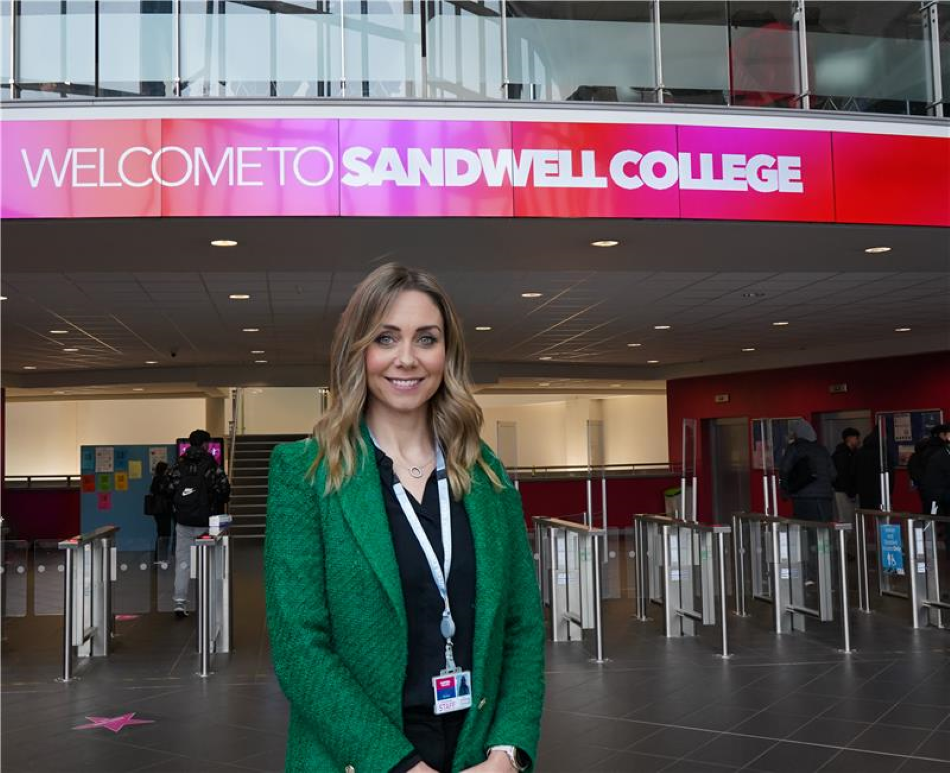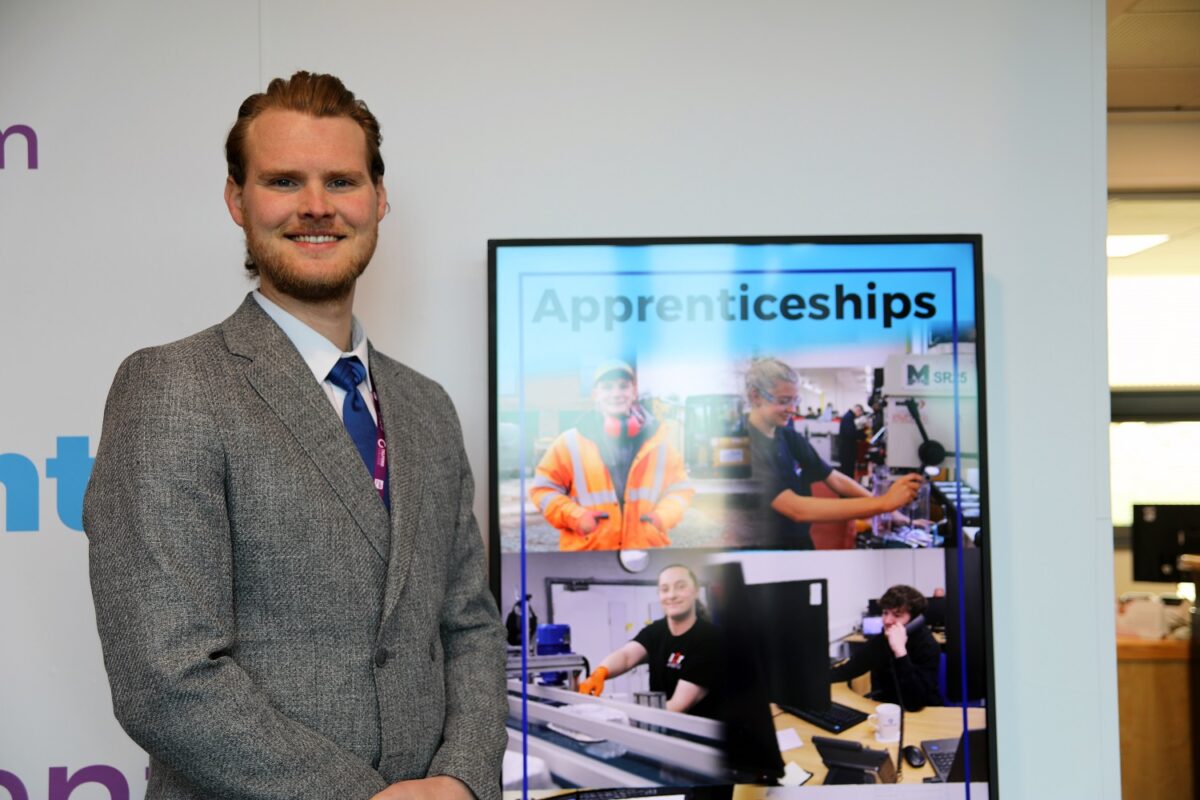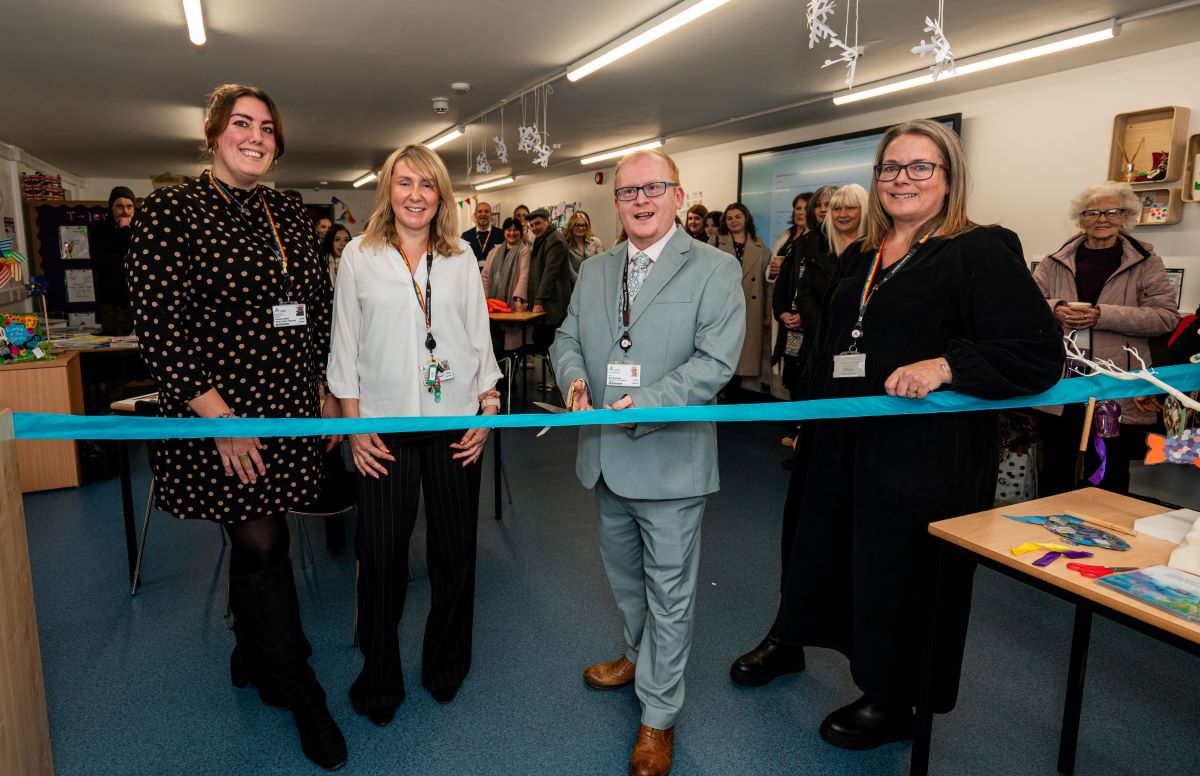What does delivering an exemplary student experience come down to?

Universities are faced with rising costs and shrinking margins, and the challenges are many. Student attraction and retention remains a priority, amid an everchanging mix of domestic and international students. There is no doubt the competition for international and other highly sought-after students has been heightened by COVID, and the ability to manage profitability through this change is important. Cybersecurity remains one of the biggest threats to campus reputation, who can’t afford to see their systems brought down by hackers. Not to mention the staffing pressure.
Since 2014 the number of higher education students in the UK has increased by 400,000, while in the same time frame 15,000 academics have left the sector, pushing up the staff-to-student ratio dramatically. These are thought provoking statistics to say the least, particularly as UCAS predicts UK universities will see one million applicants by 2028.
The trend is clear – universities are going to need to do more, better, with less. With the number of students rising and the number of staff falling, we need to put care and attention into how to protect and improve the student experience.
Despite the drive for efficiency, hybrid learning and the digital transformation many universities have started undertaking, the staff-to-student ratio, at least superficially, presents a challenge to the student experience, all of whom expect high teaching standards, exemplary services, and a focus on their wellbeing.
But these challenging times that are also rich in opportunity, for the health of the sector, as well as for our ability to deliver an ever-improving student experience. So how can technology help?
The technology at the core of a university has never been more important, especially as universities are examining how to modernise. But the reality is, technology used as an answer to solve different specific needs and achieve various goals is not as powerful as technology applied as a business enabler of the entire institution’s success.
Increasingly the way in which students engage with their institution is through the digital world – it’s inevitable. Obviously there has been a shift to hybrid learning but I’m talking more here about the key moments outside of the classroom context. Most of the student experience apps consist of links to portals – it’s a superficial and rudimentary attempt to provide access to information. But it’s not developing a digital relationship with the student.
When you think about it, technology is really only a way of storing, moving, manipulating and presenting data to support the processes on which the university runs admissions, enrolments, timetabling, payroll, budgeting, asset and estate management.
When it is clear that data is the key then it becomes equally clear that running servers and big IT estates is not central to a university’s purpose, in fact it is an expensive and downright risky pursuit. Software as a service, which allows access to software on a subscription basis using external servers, is the right answer.
It’s also evident having data stored in disparate systems doesn’t help the university run more effectively, it just serves its singular purpose and clogs the arteries of insight – an integrated system is the answer.
The presentation of the data itself should be consumer grade – to benefit the student and the employee experience. The system should be built for anywhere, any device with a single elegant user interface. It should be a joy to use a well-designed system, for a university’s employees and for its students and it should make simple tasks quick and easy.
The student lifecycle and the engagement between the student and their university for each and all students should be clear in the data, to drive good immediate and future decisions for that student and for the university.
We believe that the way universities think about and implement their technological platform is due for disruption. We believe that even in the face of the challenging trends I spoke of earlier it is possible to deliver exemplary student experience with the help of a smart and efficient technology solution.
We believe that delivering an exemplary student experience and running a smarter, better university have the same solution: an integrated Software-as-a-Service solution. We believe that there is a new way to move towards that vision and that the revolution is long overdue.
Leo Hanna is the Executive Vice President at TechnologyOne











Responses